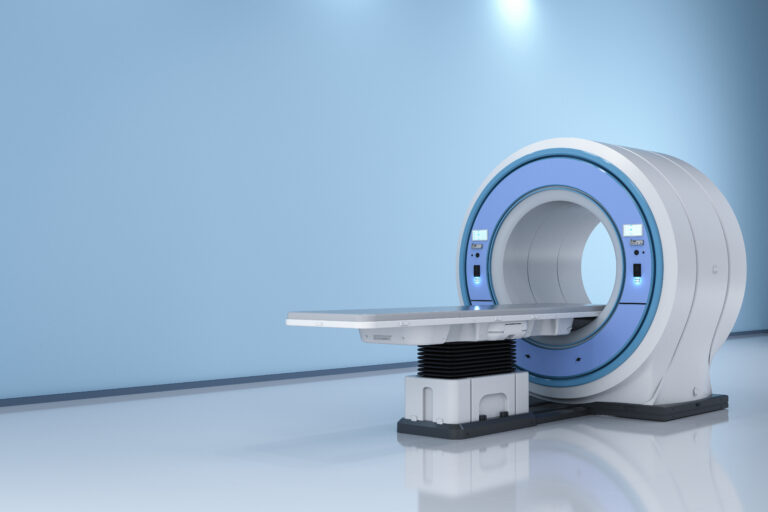Deciding whether to take supplements during pregnancy is a common and important question for expectant mothers. Generally, **certain supplements are recommended during pregnancy to support both maternal health and fetal development**, but the choice to take supplements should be made carefully and ideally under medical supervision.
**Why Supplements Are Often Recommended in Pregnancy**
Pregnancy increases nutritional demands because the body supports the growth and development of the fetus, placenta, and maternal tissues. Some nutrients are particularly critical:
– **Folic acid (folate):** Essential to prevent neural tube defects such as spina bifida. The Centers for Disease Control and Prevention (CDC) and other health authorities recommend that women take 400 to 800 micrograms of folic acid daily before conception and during early pregnancy[5].
– **Iron:** Needed to support increased blood volume and prevent maternal anemia, which can cause fatigue and increase risks during delivery. Iron supplementation is often advised, especially if blood tests show low iron levels[5][9].
– **Calcium and Vitamin D:** Important for fetal bone development and maternal bone health.
– **Iodine:** Critical for fetal brain development.
These nutrients are often difficult to obtain in sufficient amounts from diet alone, especially in populations with limited access to diverse foods or in cases of increased physiological demand.
**Multiple Micronutrient Supplements (MMS) vs. Iron and Folic Acid (IFA)**
Recent research suggests that **multiple micronutrient supplements (MMS), which include a broader range of vitamins and minerals, may improve birth outcomes more effectively than iron and folic acid alone**[5]. MMS can include vitamins A, C, D, E, B-complex vitamins, zinc, and others. However, acceptability, adherence, and safety profiles vary by region and individual factors.
**Safety Considerations and Medical Guidance**
While supplements can be beneficial, **not all supplements are safe or necessary during pregnancy**. Some herbal supplements and over-the-counter medications may pose risks:
– **Acetaminophen (paracetamol):** Widely used for pain and fever relief during pregnancy, but recent studies have raised concerns about potential links between prenatal acetaminophen exposure and increased risks of neurodevelopmental disorders such as autism spectrum disorder and ADHD in children[1][4]. The U.S. FDA has initiated label changes to reflect these concerns, though causality is not definitively established. Pregnant women should use acetaminophen only when necessary and under medical advice[4].
– **Herbal supplements like Ashwagandha:** Traditionally used for various health benefits, but some animal studies suggest high doses might affect reproductive hormones or fetal growth. Current evidence does not show major reproductive harm at typical doses, but data gaps remain, and caution is advised[3].
– **Unregulated supplements:** The FDA does not regulate dietary supplements as strictly as prescription drugs, so quality, purity, and safety can vary widely[7]. This makes it important to choose supplements from reputable sources and consult healthcare providers.
**When to Take Supplements**
– **Before conception:** Taking folic acid before pregnancy reduces the risk of neural tube defects.
– **During pregnancy:** Iron and folic acid are commonly recommended. Additional supplements depend on individual nutritional status, dietary intake, and medical conditions.
– **Only as advised:** Self-prescribing supplements without medical guidance can lead to excessive intake or interactions with other medications.
**Diet and Supplements**
A balanced diet rich in fruits, vegetables, whole grains, lean proteins, and dairy is the foundation of good nutrition during pregnancy. Supplements are meant to fill nutritional gaps, not replace healthy eating.
**Consulting Healthcare Providers**
Because each pregnancy is unique, it is essential to discuss supplement use with a healthcare provider who can:
– Assess nutritional needs through blood tests and dietary evaluation.
– Recommend appropriate supplements and dosages.
– Monitor for side effects or interactions.
– Provide guidance on safe medication use, including pain relievers.
**In summary,** taking supplements during pregnancy can be beneficial and sometimes necessary, especially for folic acid and iron, but should be done thoughtfully and under medical supervision. Avoiding unnecessary or potentially harmful supplements and medications is equally important to protect both mother and child.
—
Sources:
[1] Icahn School of Medicine at Mount Sinai, BMC Environmental Health, 2025
[3] NutraIngredients, Ashwagandha Safety Review, 2025
[4] U.S. Food and Drug Administration (FDA) Press Release, 2025
[5] Systematic Review on Antenatal Multiple Micronutrient Supplementation, 2025
[7] MedShadow, The Truth About Supplements and FDA Oversight, 2025
[9] Cureus, Efficacy and Safety of Iron Supplementation in Pregnancy, 2025





